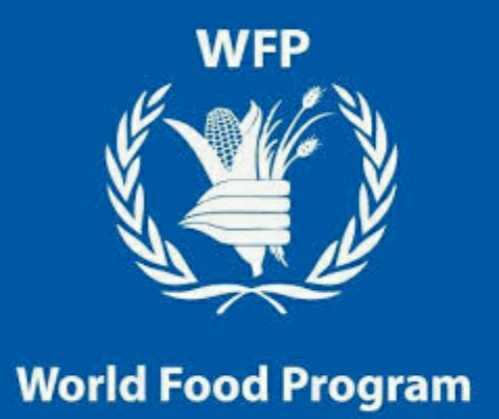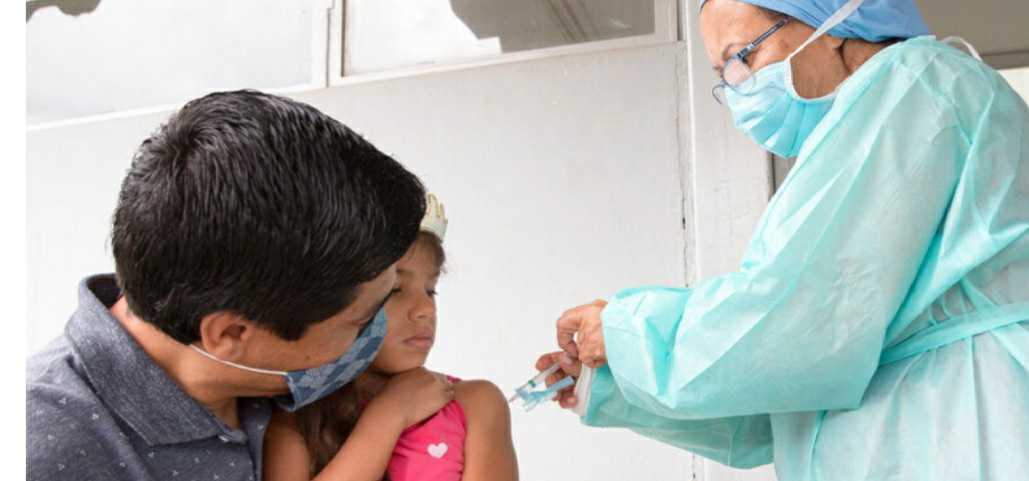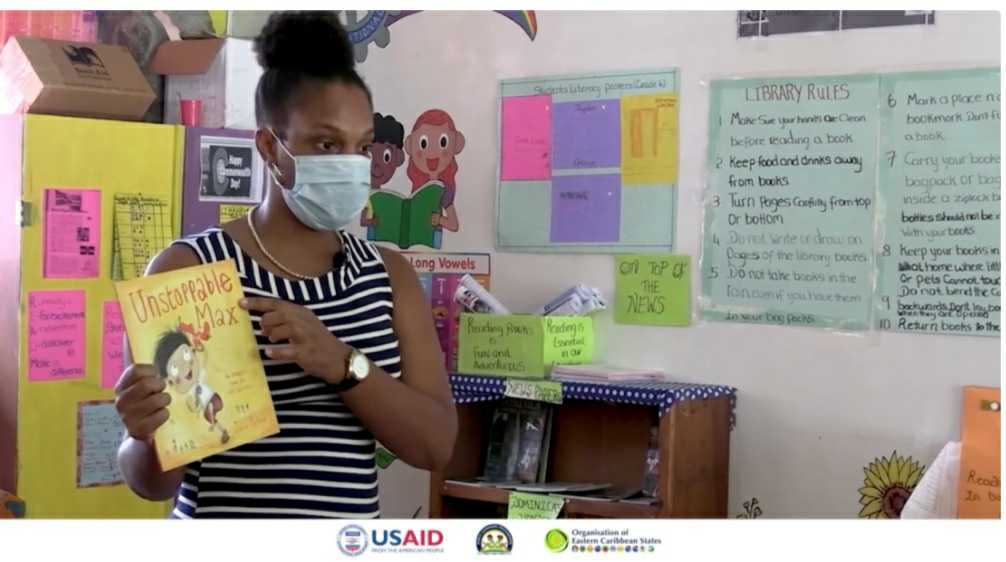
Approximately 60 participants were gathered virtually to launch the virtual course Food and Nutrition Education for School Feeding Programs. Focused specifically for professionals and managers in the Caribbean region, the course aims to improve the capacities of participants in the development and implementation of school feeding programs in the sub-region, considering the context of the COVID-19 pandemic.
The training is promoted by the Food and Agriculture Organization of the United Nations (FAO), the Brazilian Cooperation Agency of the Ministry of Foreign Affairs (ABC/MRE), the National Fund for Educational Development (FNDE) and the Caribbean Agro-Economic Society (CAES) of the University of the West Indies, under the trilateral south-south cooperation project “Consolidation of School Feeding Programs in Latin America and the Caribbean (LAC)”.
During the opening, Dr Renata Clarke, FAO Sub-regional Coordinator for the Caribbean, commented about the multiple impacts that countries are facing during the current pandemic and that “This course is an opportunity to learn about methodologies and practical models that can guide countries in the school feeding topic and healthy eating”. She also added, “The changes and opportunities that can be generated by School Feeding Programs (SFP) in the lives of family farmers, with the markets opportunities created by SFP”.
Dr Clarke warned that the levels of obesity and overweight among children and teenagers in the Caribbean have been, for many years, one of the highest in the world and the school feeding is an important alternative for Caribbean countries to form healthy eating habits.
The FAO Nutrition Officer for Mesoamerica, Israel Rios, also highlighted the current situation in the region, which has been facing serious problems with obesity and malnutrition; in addition, he said that problems such as obesity and the current pandemic affect the most vulnerable groups. “All the advances we have made in Agenda 2030 are at risk due to COVID-19,” he said. About the course, he added that the content provides to all the participants, tools and necessary knowledge for the development of SPF.
Paola Barbieri, ABC/MRE Analyst, said that the Agency coordinates the Brazilian government’s cooperation initiatives and that one of these important actions is the strategy carried out jointly with FAO and FNDE for the consolidation of school feeding programs in Latin America and the Caribbean. Ms Barbieri explained that the course was developed based on Brazil’s experiences of more than 60 years of executing its school feeding program and this training is, “Appropriate to develop skills and strategies to face the impacts of COVID-19 and the shared knowledge will be great for the countries”.
For the specialist, FNDE International Cooperation advisor, Bruno da Silva, the pandemic has caused consequences and problems that are already being felt, but he believes that good solutions can be created for all countries, “Because it is positive to have the opportunity to reflect about the impacts and think of the school feeding program as a strategy. I hope good ideas come up”.
Najla Veloso, coordinator of the project Consolidation of School Feeding Programs in LAC, promoter of the course, said that one of the best strategies to provide a concrete and effective response to the elimination of hunger and malnutrition is the sustainable school feeding policy. She stated, “We need to review our operational plans to achieve the SDGs and, as a result, redirect social protection policies.”
Overview of Food Security in the context of COVID-19 in the Caribbean
Professor Hazel Patterson-Andrews, from the University of the West Indies, presented the situation of the Caribbean during the pandemic in terms of Food and Nutrition Security (FNS), as jobs, livelihoods and incomes were affected, which have decreased or disappeared. According to the professor, some of the most recent Caribbean policies are currently dealing with the pandemic, focusing on local production, creating market opportunities and encouraging backyard gardens for the production of fresh, nutritious and healthy products. “COVID -19 again showed the vulnerability of the Caribbean food supply,” she warned. She further lamented “The closing of schools due to the pandemic left thousands of children without institutionalized learning for different periods of time and many students lost an important part of their food that was provided by school feeding programs, which has generated concern in relation to food and nutritional security of Caribbean children”. Hazel Patterson-Andrews concluded suggesting that governments need to implement measures to support children whose families have greater difficulties of accessing food.
Course presentation
The course coordinator, Flávia Schwartzman, explained how the course will be developed, highlighting that the content was conceptualized specifically for the Caribbean, with the partnership of the University of the West Indies and professors. Representatives from Barbados, Belize, Grenada, Guyana, Jamaica, Saint Lucia, Saint Vincent and the Grenadines, Suriname and Trinidad and Tobago will participate.
The first phase of the course will last for two months, through virtual sessions, and will allow participants to have access to updated readings on SFP and Food and Nutrition Education (FNE); presentations and discussions with experts; and exchanges of experiences and information between countries. The second phase, scheduled for 2021, will allow participants to have practical activities in schools, in addition to promoting a face to face meeting.






